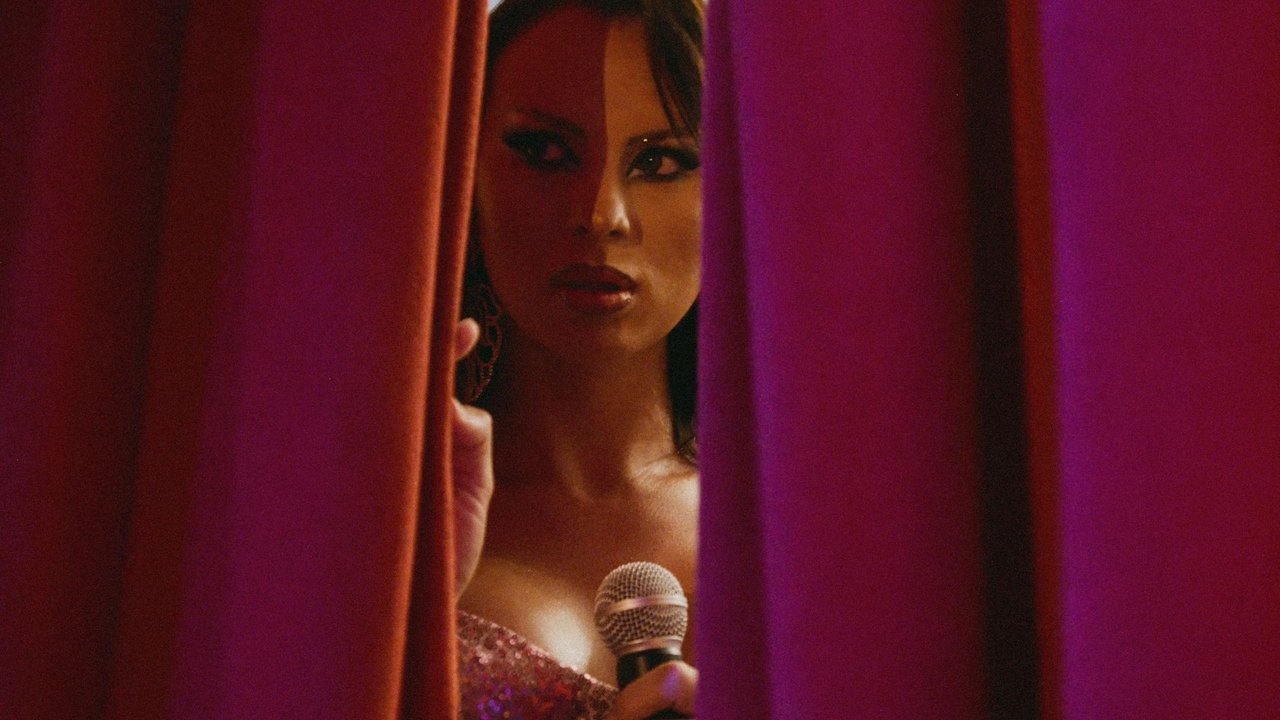
Odyssey of the Soul(NaN)
Marina, a trans woman and singer in São Paulo's nightlife, reunites with her father, who has Alzheimer's, after years of estrangement. In an attempt to reconcile, she takes him to significant places from her past, hoping to revive his memories and rebuild their lost bond.
Movie: Odyssey of the Soul
Top 2 Billed Cast
Américo
Marina
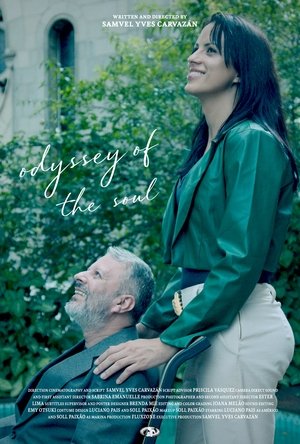
Odisseia da Alma
HomePage
Overview
Marina, a trans woman and singer in São Paulo's nightlife, reunites with her father, who has Alzheimer's, after years of estrangement. In an attempt to reconcile, she takes him to significant places from her past, hoping to revive his memories and rebuild their lost bond.
Release Date
Average
0
Rating:
0.0 startsTagline
Genres
Languages:
PortuguêsKeywords
Similar Movies
 6.7
6.7Flirting(en)
Two freethinking teenagers - a boy and a girl - confront with authoritarian teachers in their boarding schools. The other students treat this differently.
 6.3
6.3Bronco Billy(en)
An idealistic, modern-day cowboy struggles to keep his Wild West show afloat in the face of hard luck and waning interest.
 6.8
6.8Say 'I Love You'(ja)
Mei Tachibana is a high school student. Due to a traumatic incident when she was a kid, Mei has been unable to make friends or have boyfriends. By mistake, Mei then injures the most popular male student named Yamato Kurosawa. Somehow, Yamato Kurosawa likes Mei Tachibana and tells everyone unilaterally that Mei is his friend. One day, Yamato Kurosawa saves Mei Tachibana from a stalker by kissing her. From that kiss, their love story begins.
 6.8
6.8Rappakal(ml)
Saraswathiyamma is the head of a noble family that treats her servant Krishnan as one of her own sons. When her relatives conspire to sell her house, she and Krishnan set out to save it.
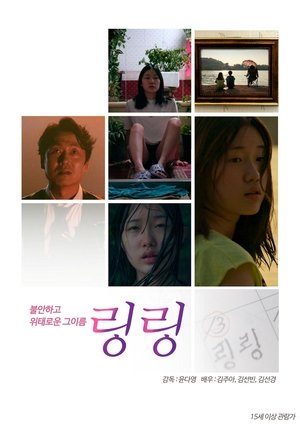 0.0
0.0LingLing(ko)
A storm is coming; the winds are getting strong. The real source of the ominous winds lies with Jina, who finds the strange word 'LingLing' written in her father’s notebook. She suspects he is cheating on her mother, who appears to be bored with life and fills the house with potted plants as if to show for her apathy. The film too is riddled with images of humid air and foul-smelling water, impure and overflowing. The sway of her father’s fishing pole and the flutters in Jina’s skirt seem perilous and unstable. When her anxiety and doubts finally come to a head, the family squarely face the rough downpour brought on by the storm. The director’s talent in boldly translating the characters desires and sensibilities into a narrative with powerful imagery is quite impressive.
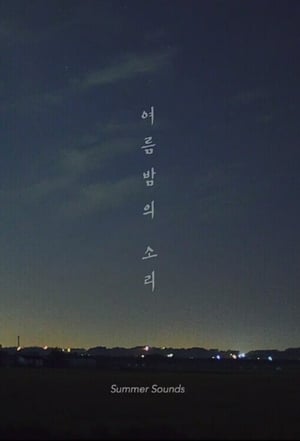 0.0
0.0Summer Sounds(ko)
Three generations of Youngseok’s family live together in a house. Even though his mentally ill grandmother’s time on this Earth is gradually running out, Youngseok is embarrassed by the way she behaves like a child in front of his friends despite her efforts to take care of him. The film displays the challenges of a family who live with a dementia patient, told from young Youngseok’s perspective. Dreamlike summer nights in the film evoke the innocence of childhood, and the gathering of dear friends and family.
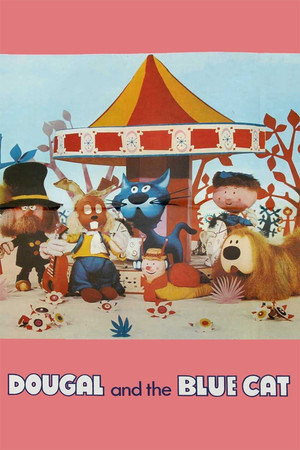 6.5
6.5Dougal and the Blue Cat(fr)
A blue cat named Buxton is found in the Magic Garden. With help from the Blue voice (played by Fenella Fielding), Buxton enters the ruins of the old treacle factory where he is crowned king after correctly identifying the colours of seven doors (coloured different shades of blue). Buxton throws all the characters of The Magic Roundabout except Dougal into prison and steals Zebedee's magic moustache.
 0.0
0.0Ember in the Woods(en)
Connie's plans to take her niece Shayna for a cabin getaway in the deep woods are spoiled when her dark past rears its ugly head. She travels there alone and encounters a troubled young woman who has been stranded in the wilderness.
 4.9
4.9Everything You Want(en)
A visionary and artistic young woman finds her love torn between her imaginary boyfriend and a real boy from one of her classes.
 0.0
0.0Rabbits Under the Shed(en)
After a disagreement with her mom, 8-year-old Natalie runs away — all the way to her backyard, where she meets a family of rabbits and decides to move in with them. Songs are sung and friends are made in this sweet, funny short film about building trust, overcoming fear, and connecting across difference to make room for everyone.
 6.0
6.0Normal Life(en)
Chris Anderson and his wife Pam live a fairly normal life until Chris loses his job on the police force and secretly turns to robbing banks to make his wife's dreams come true. Upon discovering his secret, she joins his deadly crime wave and together they terrorize an unsuspecting suburban town.
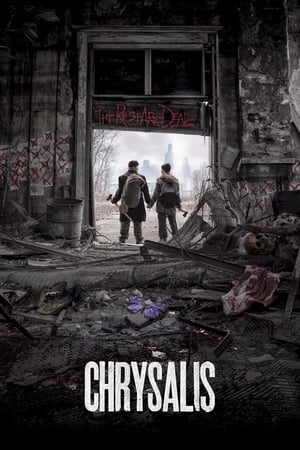 4.7
4.7Chrysalis(en)
Joshua and Penelope are survivors of a deadly infection that laid waste to humanity 25 years ago. When they encounter fellow survivor Abira, their lives are forever changed as they fight off the remnants of the infected.
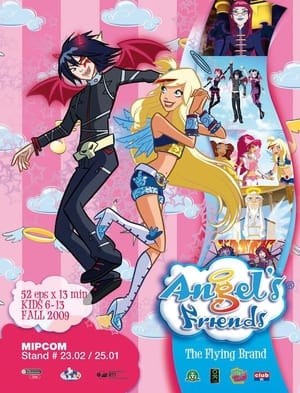 8.2
8.2Angel's Friends - Between Dream and Reality(it)
A television movie based on the animated series and settled between the first and the second season aired, in Italy, on 23 April 2011. The movie focuses on the Angels attending the Summer School at the Sunny College in Alpinville, where Raf hopes she will not meet Sulfus. The Devils show up at the school and Raf tells Sulfus she has fallen in love with someone else. Meanwhile, the Earthly ones receive the task of refurbishing the Theatre of Princes (Italian: Teatro dei Principi) and organising a play, Romeo & Juliet by William Shakespeare. However, they are attacked by a mysterious hooded man who wants them to leave the theatre. The Angels and the Devils decide to investigate and find out the truth about Tyco and Sai's fate. At last, Raf and Sulfus conclude that they'll decide what to do about their future together once returned to the Golden School for the new term.
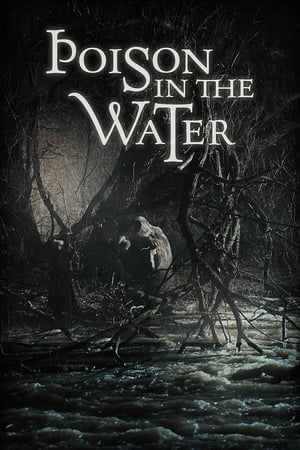 0.0
0.0Poison in the Water(en)
A recent widower joins his daughter on the search for a witch he believes is a manifestation of her grief.
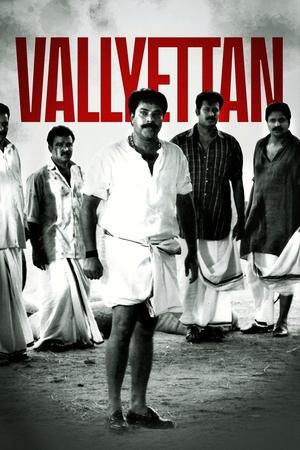 6.1
6.1Vallyettan(ml)
Madhavankutty is the Valliettan (Big Brother) of the Arackal family. The long lasting rivalry between the Arackal Madhavanunni and Patteri Sivaraman forms the main thread of the story. Madhavanunni along with his four brothers he rules the village. But Sivaraman with the help of Bava develops their plan to trap Madhavanunni.
 0.0
0.0Golden Hour(en)
A young man with trust issues goes on a date with a very supportive young woman.
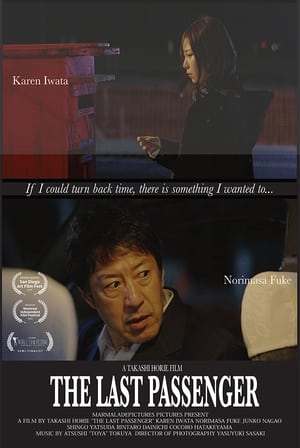 0.0
0.0The Last Passenger(ja)
This fictional story is set in Miyagi prefecture, a decade after a devastating earthquake and tsunami. It follows Mr. Endo, a taxi driver searching for his daughter since the earthquake. Along the way, he encounters various passengers and visits a seaside town swallowed by a tsunami. The story explores themes of family, love, and resilience in the aftermath of a disaster, offering hope to survivors.
 0.0
0.0¡Tango!(es)
¡Tango! follows a formula established by Carlos Gardel with films such as Luces de Buenos Aires (The Lights of Buenos Aires, 1931) in which a melodramatic story is interspersed with tango songs. However, the film had less dialog and more music, making it more like a musical revue. This format would be copied by many subsequent films. The plot is derived from tango songs. Many of these songs tell of the seduction of an innocent slum girl by a rich man who promises her a glamorous life, but who abandons her when her looks fade. The stylized and sentimental plot of ¡Tango! revolves around a young man who is abandoned by his girlfriend for an older rich man and is heartbroken. The film follows his misfortunes.
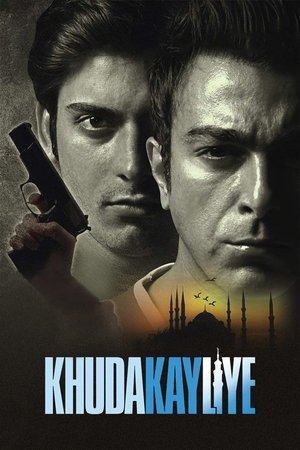 6.6
6.6Khuda Kay Liye(ur)
The film is about the difficult situation in which the Pakistanis in particular and the Muslims in general are caught up since 9/11. There is a war going on between the Fundamentalists and the Liberal Muslims. This situation is creating a drift not only between the Western world and the Muslims, but also within the Muslims. The educated and modern Muslims are in a difficult situation because of their approach towards life and their western attire. They are criticized and harassed by the fundamentalists and on the other hand the Western world sees them as potential suspects of terrorism just because of their Muslim names.
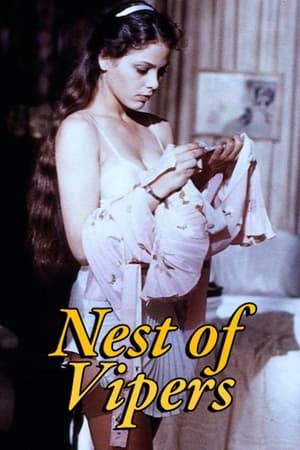 4.4
4.4Nest of Vipers(it)
A background of rising fascism in Venice in 1930s. A music-student, Matthias, mixes with the town's bourgeoisie and falls in love with a mature teacher, Carla, the mother of his friend Renato, and then with his young colleague, Elena.